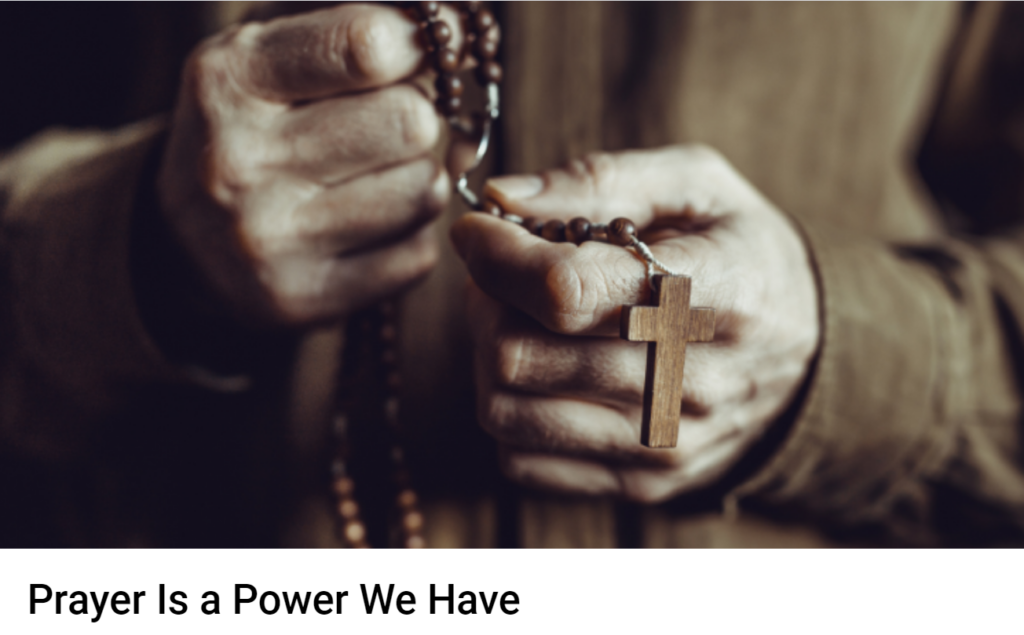
Prayer is not only a need that each of us has; it is also a power. Jesus has told us that whatever we ask in his name, God will give us. And because prayer is a power, it is also a responsibility and challenge. It is a responsibility because through prayer we can join with Christ in redeeming the world. If we pray only for ourselves or about ourselves, we have not yet learned to pray, for prayer is outward- reaching and all-embracing. A good barometer of where we are in our union with God is whether or not our prayer reaches out to all people. If my prayer centers mainly on myself, then that is where I am. The true prayer accepts Christ’s challenge to join with him in opening his or her arms to all. And as one’s prayer becomes more cosmic and other-centered, so does one’s thinking and attitudes.
— from the book Song of the Sparrow: New Poems and Meditations by Murray Bodo, OFM
//Franciscan Media//










